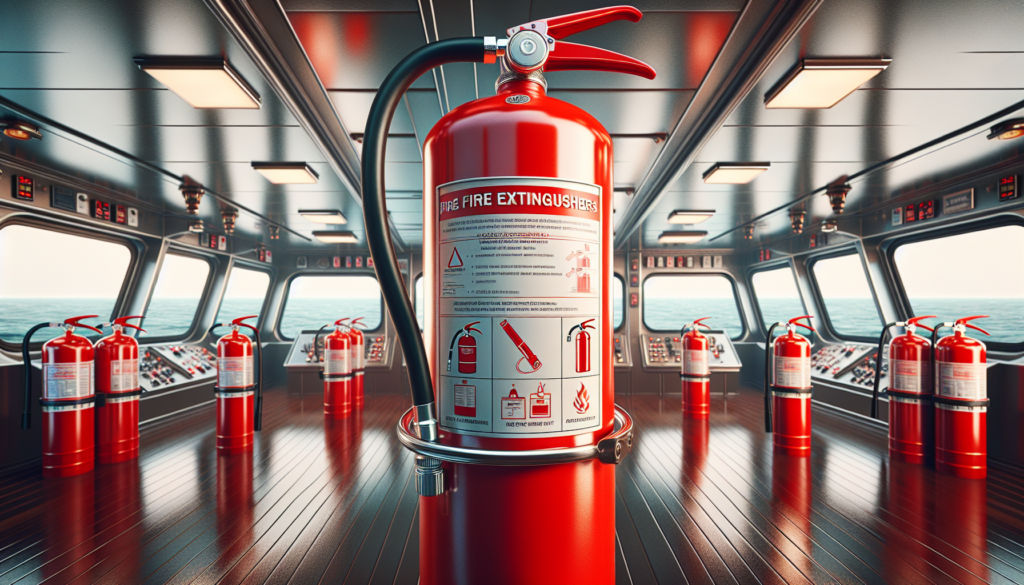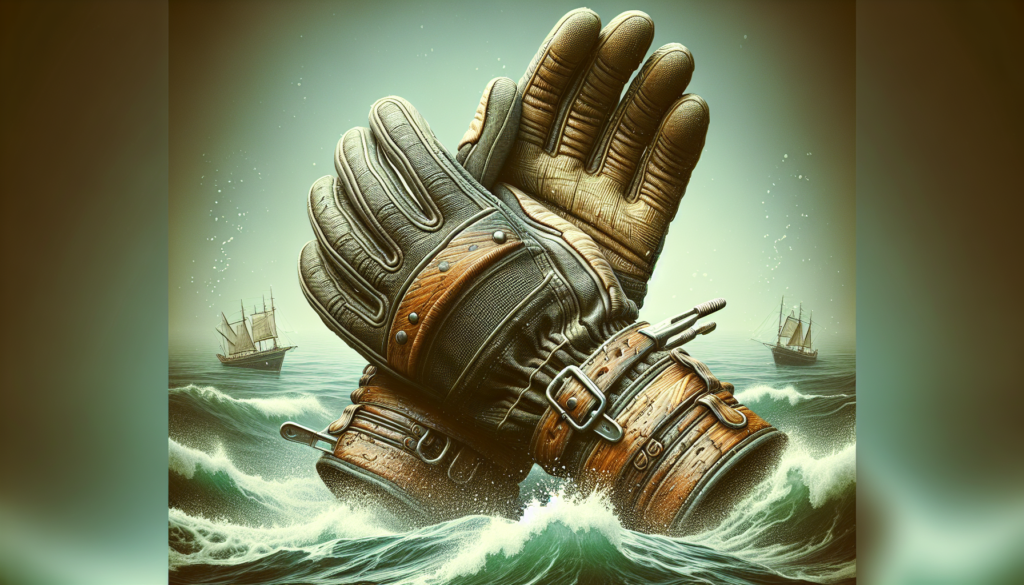Exploring Marine Fire Extinguishers: A Comprehensive Guide
Marine fire extinguishers are essential safety equipment on board ships, boats, and other marine vessels. In the event of a fire at sea, having the right type of fire extinguisher can make a crucial difference in containing the blaze and preventing a disaster. In this in-depth guide, we will explore the world of marine fire extinguishers, discussing their types, usage, maintenance, and importance in ensuring marine safety.
The Importance of Marine Fire Extinguishers
When you’re out on the open sea, far from land and emergency services, having the ability to quickly and effectively extinguish a fire is vital. Marine fire extinguishers are specifically designed to handle the unique challenges of fighting fires on watercraft. From small pleasure boats to large commercial ships, having the right fire extinguisher on board can mean the difference between a minor incident and a catastrophic event.
Marine fires can be caused by a variety of factors, including electrical faults, engine malfunctions, fuel leaks, and cooking accidents. The confined spaces and limited escape routes on boats and ships make fires particularly dangerous, which is why having properly maintained fire extinguishers is a legal requirement for all marine vessels.
Types of Marine Fire Extinguishers
There are several different types of fire extinguishers that are commonly used on marine vessels, each designed to combat specific types of fires. The most common types of marine fire extinguishers include:
1. Dry Chemical Fire Extinguishers
Dry chemical fire extinguishers are versatile and can be used on a variety of fire types, including Class A (wood, paper), Class B (flammable liquids), and Class C (electrical) fires. These extinguishers work by interrupting the chemical reaction of the fire, smothering it and preventing it from spreading.
2. CO2 Fire Extinguishers
CO2 fire extinguishers are ideal for use on electrical fires, as they do not leave behind any residue that could damage sensitive electrical equipment. However, CO2 extinguishers can be dangerous in confined spaces, as they displace oxygen and can cause asphyxiation if used in poorly ventilated areas.
3. Foam Fire Extinguishers
Foam fire extinguishers are effective against Class A and Class B fires, forming a blanket of foam that suffocates the flames and cools the burning material. These extinguishers are commonly used in engine rooms and other areas where flammable liquids are present.
4. Water Mist Fire Extinguishers
Water mist fire extinguishers are a relatively new technology that uses a fine mist of water to extinguish fires. These extinguishers are safe to use on electrical fires and are environmentally friendly, as they do not contain any harmful chemicals.
Choosing the Right Marine Fire Extinguisher
When selecting fire extinguishers for your marine vessel, it is important to consider the size and layout of the boat, as well as the types of materials and equipment on board. The United States Coast Guard (USCG) has specific requirements for the number and type of fire extinguishers that must be carried on different types of boats, based on their size and intended use.
It is essential to have the correct type and size of fire extinguisher for the specific hazards present on your vessel. Inspecting and maintaining your fire extinguishers regularly is also crucial to ensure they are in proper working condition when needed. This includes checking the pressure gauge, inspecting the hose and nozzle for damage, and shaking the extinguisher periodically to prevent the powder from settling.
Maintenance and Inspection of Marine Fire Extinguishers
Proper maintenance and inspection of marine fire extinguishers are essential to ensure they are ready for use in an emergency. Regular inspections should be conducted according to the manufacturer’s guidelines and local regulations. This may include checking the expiration date, ensuring the pressure gauge is in the green zone, and verifying that the nozzle is clear of debris.
In addition to regular inspections, fire extinguishers should be serviced and recharged by a qualified professional at least once a year. This ensures that the extinguisher is fully pressurized and ready to use when needed. It is also important to keep a log of all inspections, maintenance, and recharging activities to demonstrate compliance with safety regulations.
Training and Education on Marine Fire Safety
Proper training and education on marine fire safety are crucial for all crew members and passengers on board a vessel. In the event of a fire, quick and effective action can mean the difference between life and death. Training should include how to use different types of fire extinguishers, how to operate fire suppression systems, and how to evacuate the vessel in case of a fire.
Regular fire drills should be conducted to practice emergency procedures and ensure that everyone on board knows what to do in the event of a fire. This can help to minimize panic and confusion during a real emergency and increase the chances of a successful outcome.
Expert Opinions
According to marine safety experts, having the right type and quantity of fire extinguishers on board a vessel is crucial for ensuring the safety of everyone on board. Captain John Smith, a veteran mariner with over 20 years of experience, emphasizes the importance of regular maintenance and inspection of fire extinguishers to prevent malfunctions during emergencies.
Dr. Sarah Brown, a marine safety researcher, highlights the need for ongoing training and education on marine fire safety to equip crew members and passengers with the knowledge and skills to respond effectively in emergency situations.
Common Misconceptions
One common misconception about marine fire extinguishers is that all fire extinguishers are the same and can be used interchangeably. In reality, different types of fire extinguishers are designed to combat specific types of fires, and using the wrong type of extinguisher can actually make the situation worse.
Another misconception is that fire extinguishers do not need to be inspected and maintained regularly. In fact, proper maintenance is essential to ensure that fire extinguishers are in good working condition and ready for use in an emergency.
Conclusion
In conclusion, marine fire extinguishers are a critical component of safety on board any vessel. By understanding the different types of fire extinguishers, how to choose the right one for your vessel, and how to maintain and inspect them properly, you can help ensure the safety of everyone on board in the event of a fire.
Remember, fire safety is everyone’s responsibility, and being prepared for emergencies can make all the difference in a life-threatening situation. Stay informed, stay vigilant, and stay safe on the water.



